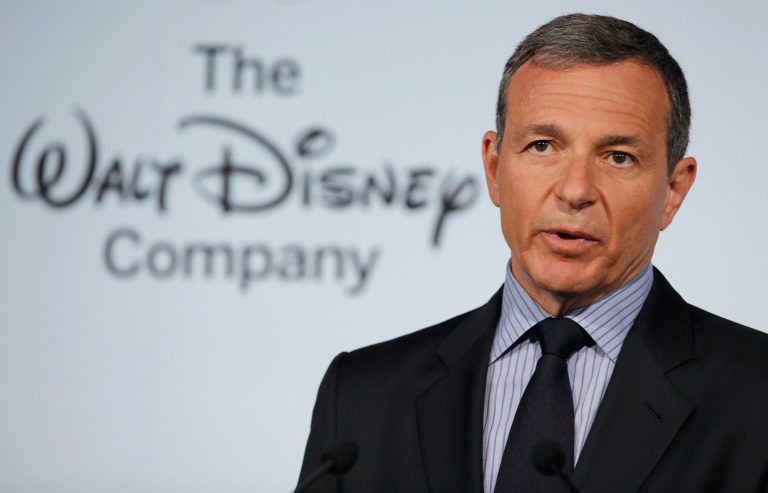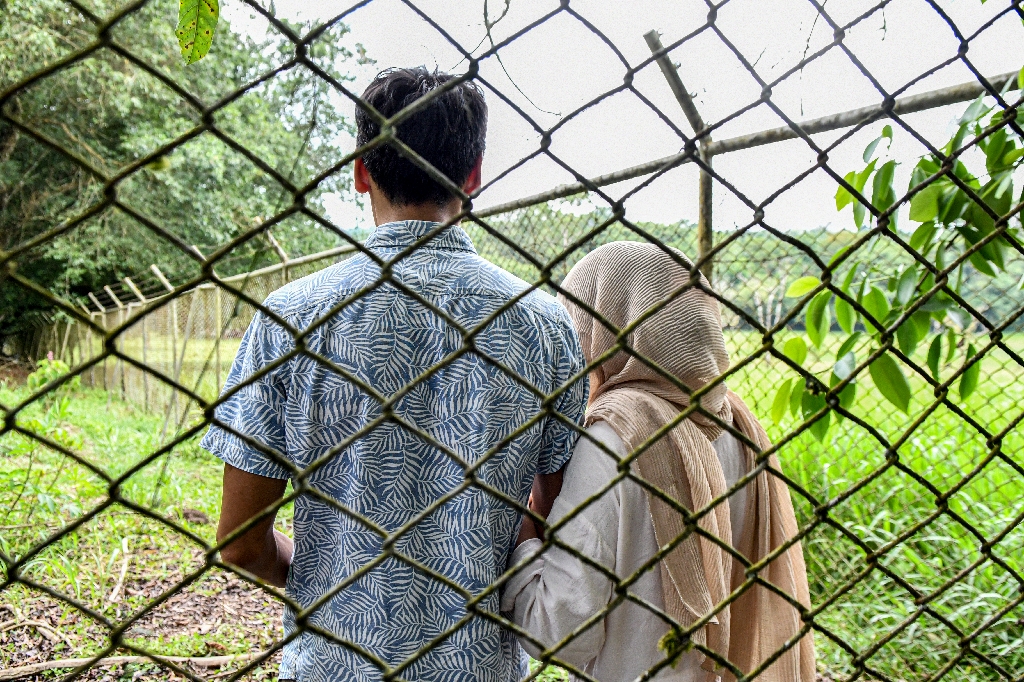US President Joe Biden vowed Monday to help Pacific island nations deal with climate change, at a summit aimed at boosting Washington’s influence in the region against an increasingly assertive China.
“I want you to know I hear you” on climate issues, Biden told leaders of the 18-member Pacific Islands Forum on a showy visit to the United States that included talks at the White House and an American football game.
Biden also announced that Washington was opening diplomatic ties with the Pacific nations of the Cook Islands and Niue as part of US efforts to boost its footprint in what is fast becoming a key strategic region.
The US president stood alongside leaders in front of flags from their nations outside the White House after announcing millions of dollars in extra aid for climate, security and economic initiatives.
With climate change threatening to wipe some low-lying Pacific nations off the map, Biden said that “we hear your warnings of a rising sea (that) poses an existential threat to your nations.”
Biden also pledged they would “never, never, never lose your status or memberships at the UN as a result of the climate crisis.”
– ‘Stand together’ –
But the underlying aim of the meeting, which follows on from an initial summit last year, is to promote the United States as a partner in a region where China is a major rival.
“I want to talk about security. The US is committed to ensuring an Indo-Pacific region that is free, open, prosperous and secure,” Biden told leaders as they sat around a table.
Biden said he was sending Washington’s first Coast Guard vehicle to the region dedicated to training and working with Pacific island nations.
The move comes as China becomes more and more assertive about its maritime claims in the region, which US officials fear could be strategic in any possible future confrontation over Taiwan.
The South Pacific was seen as a relative diplomatic backwater after World War II, but it is an increasingly important arena for powers to compete in for commercial, political and military influence.
Biden evoked the historic links between the United States and the region — where major battles were fought by allied forces against Japan — and spoke of an uncle whose plane was shot down off Papua New Guinea in the war.
“We know the history,” he said. “We’re stronger and the world is safer when we stand together.”
– ‘Eras of change’ –
Biden said in statements that Washington recognized the Cook Islands and Niue as “sovereign and independent” states and would establish diplomatic relations with both.
“These milestones celebrate eras of change,” Cook Islands Prime Minister Mark Brown told reporters alongside Biden at the start of the talks.
The Cook Islands and Niue together have fewer than 20,000 inhabitants but constitute a sprawling economic zone in the South Pacific.
Both are self-governing nations in “free association” with New Zealand, meaning that their foreign and defense policies are in varying degrees linked to Wellington.
China’s “assertiveness and influence, including in this region, has been a factor that requires us to sustain our strategic focus,” a senior US administration official said ahead of the meeting.
But China’s influence was felt through the absence of the prime minister of the Solomon Islands, now closely aligned with Beijing.
Biden had been due to follow up last year’s inaugural summit with a meeting of Pacific leaders this May, in Papua New Guinea. But he cut short an Asia trip and returned stateside to address a debt-ceiling crisis.
The leaders kicked off this year’s summit with an afternoon of American football on Sunday, traveling by train to Baltimore, where they were guests of honor at an NFL game between the port city’s Ravens and the Indianapolis Colts. – Danny KEMP




